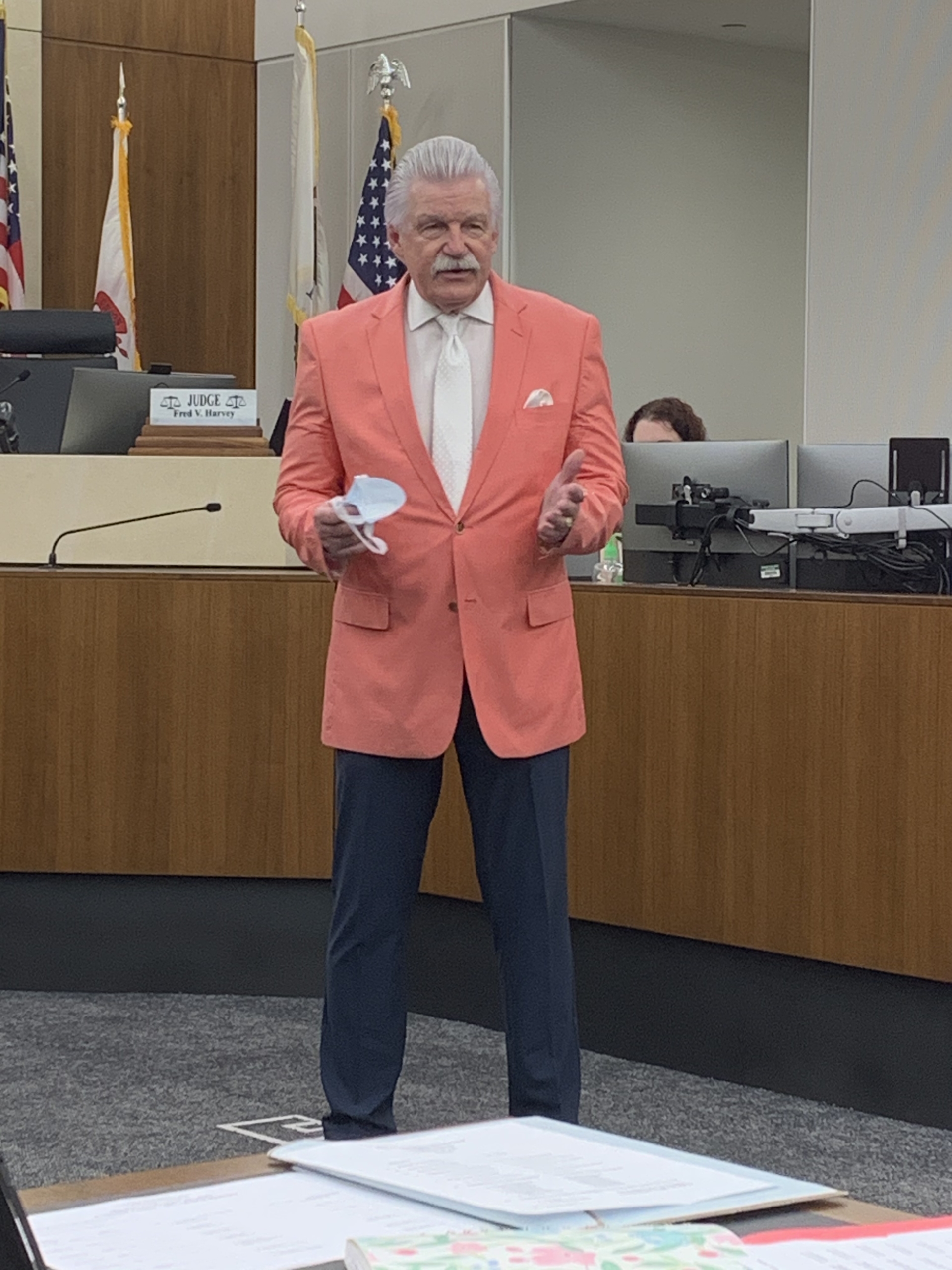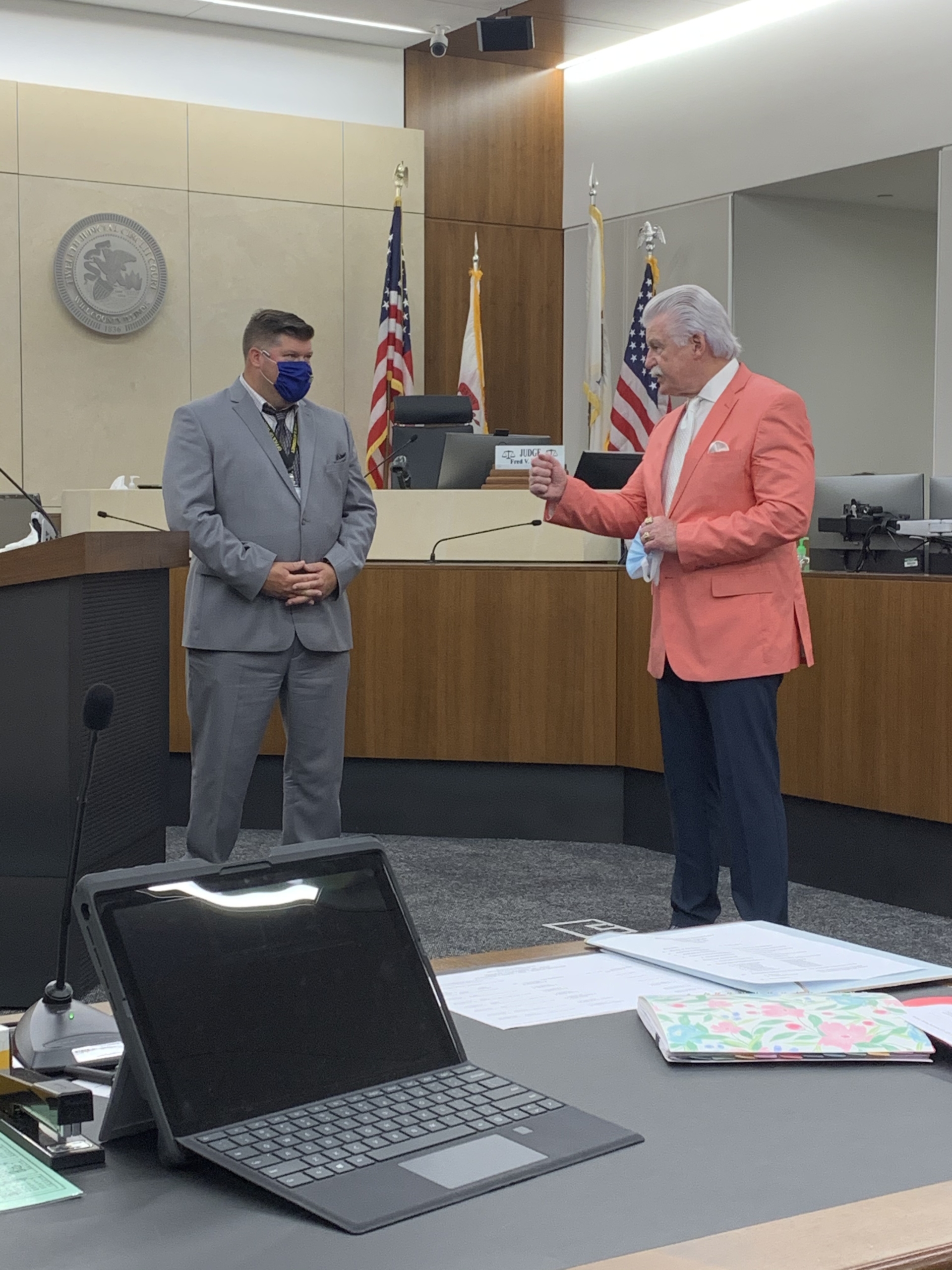State’s Attorney Glasgow Announces Nine Problem Solving Court Participants Graduate in Combined Graduation Ceremony
Sept. 20, 2021
JOLIET – Will County State’s Attorney James Glasgow has announced that nine individuals from Will County’s Problem Solving Courts graduated in a joint ceremony Monday at the Will County Courthouse. In light of the pandemic, the in-person courthouse ceremony was limited to participants and their immediate family members. Additional family members and friends were able to watch via Zoom.
“This graduation ceremony marks a new beginning for these individuals who have worked overtime on their recovery and committed to turning their lives around through our Problem Solving Court program,” Glasgow said. “Our commitment to each of our graduates continues throughout their lifetimes. As we have for all of our graduates, we will continue to be here as a resource and lifeline for these individuals as they embark upon this new journey in their lives. They are now members of our lifetime alumni association.”
The Monday ceremony included seven graduates from the Mental Health Court, and one graduate from each of the Drug Court and Veterans Court. The graduates hail from Joliet, Crest Hill, Lockport, and Chicago. Associate Circuit Judge Fred Harvey presided over the ceremony. Problem Solving Courts Coordinator Dr. Scott DuBois also offered remarks.
Glasgow played an integral role in creating each of Will County’s four Problem Solving courts. In 1998. he spearheaded the creation of the Drug Court – Will County’s first Problem Solving Court – when he wrote and administered the grant that funded its formation. Along with Will County Chief Judge Gerald Kinney, Glasgow established the Mental Health Court in 2010. He also filed a petition requesting the formation of the Will County Veterans Court in 2012, and wrote and obtained the grant for the Redeploy Illinois Court to steer qualifying repeat offenders away from prison and into gainful employment.
In addition, Glasgow established three transitional residence facilities to further help Problem Solving Court participants on the path to reentry into the workforce. The Miller Taylor House and Julie Ann House provide temporary housing, and the Connor Kelly Residence opened in 2019 to provide longer-term transitional housing.


